2014 Hall of Fame Also-Rans

2014 Hall of Fame Also-Rans
Craig Biggio
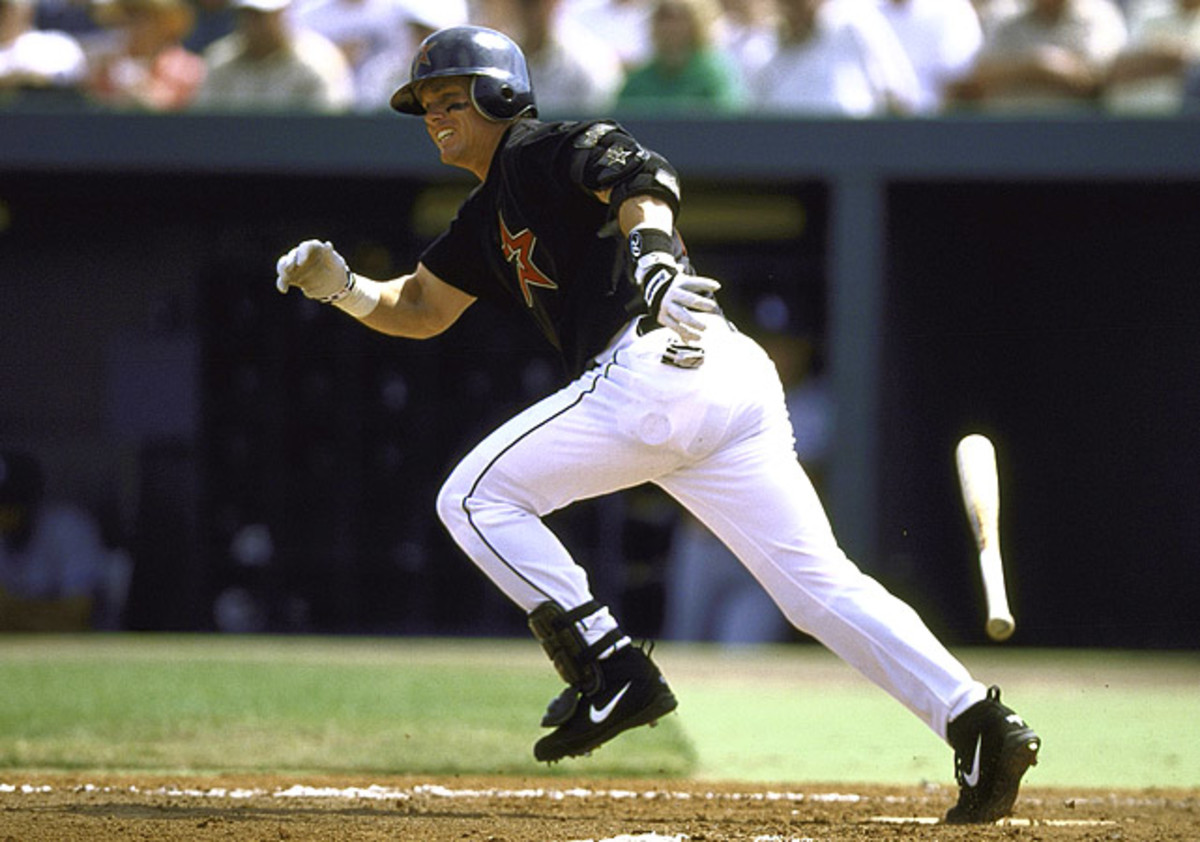
The longtime Houston Astros second baseman was denied entry to Cooperstown in his second year of Hall of Fame eligibility -- by only two votes. Biggio received 74.8 percent of the vote, barely missing the required 75 percent. A seven-time All-Star and one of the better second basemen of all-time, Biggio has never been strongly linked with performance enhancing drugs, though his career spanned much of the Steroid Era. His omission is mostly due to a few voters believing Biggio didn't quite meet the threshold. But falling only two votes short this round likely means Biggio is destined for Cooperstown in the near future.
Mike Piazza
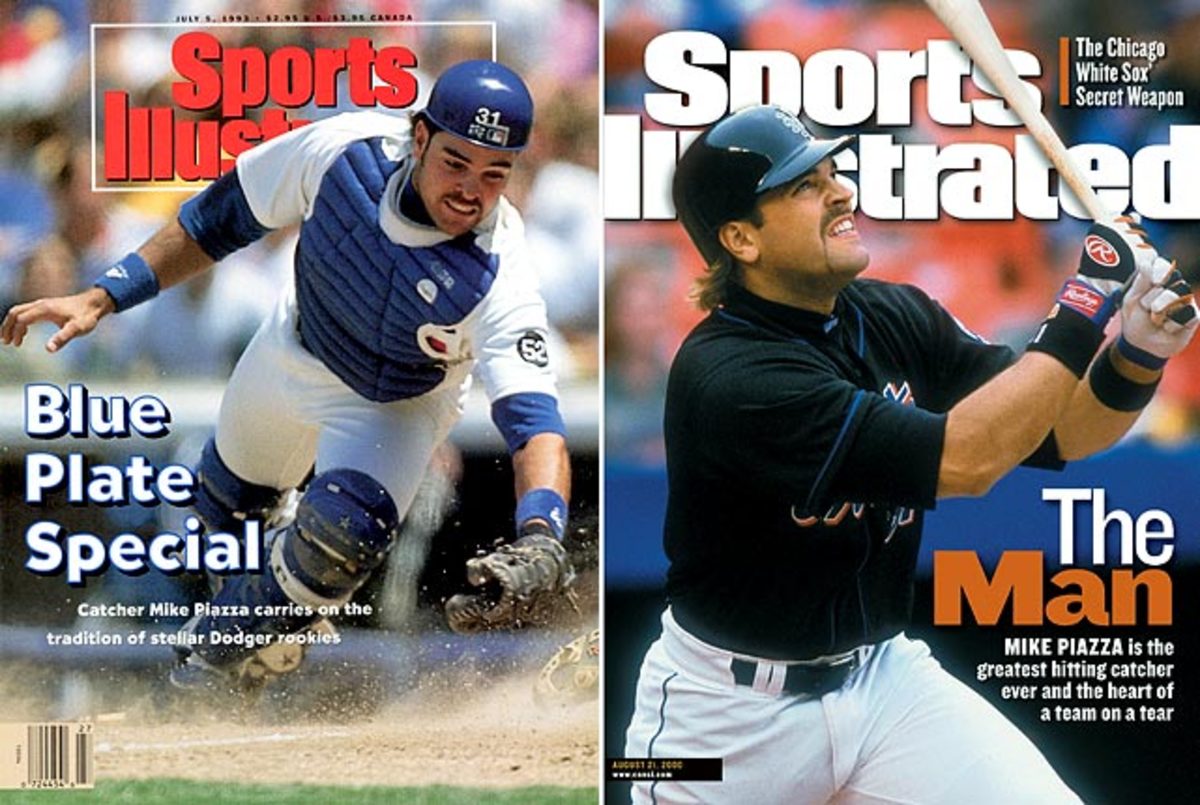
Piazza -- one of baseball's all-time best hitting catchers -- has been suspected of using PEDs by some voters, though the former Mets star has denied using steroids and has never tested positive for PEDs. However, he played during the height of the Steroid Era, leading some voters to discredit Piazza's long list of accomplishments on the field. Only his second year on the ballot, Piazza finished with 62.2 percent of the vote, just a bit shy of the 75 percent threshold.
Jack Morris

The five-time All-Star pitched in the big leagues for 18 years, including 14 seasons with the Detroit Tigers. Morris, in his final year of Hall of Fame eligibility, fell short for the 15th straight year, leaving his future Cooperstown fate up to the Veteran's Committee. The knock on Morris? He simply wasn't good enough to be enshrined in the Hall of Fame. Morris's career 3.90 ERA would have been higher than any other pitcher in Cooperstown, even though he did notch 254 wins and 175 complete games during his career.
Jeff Bagwell
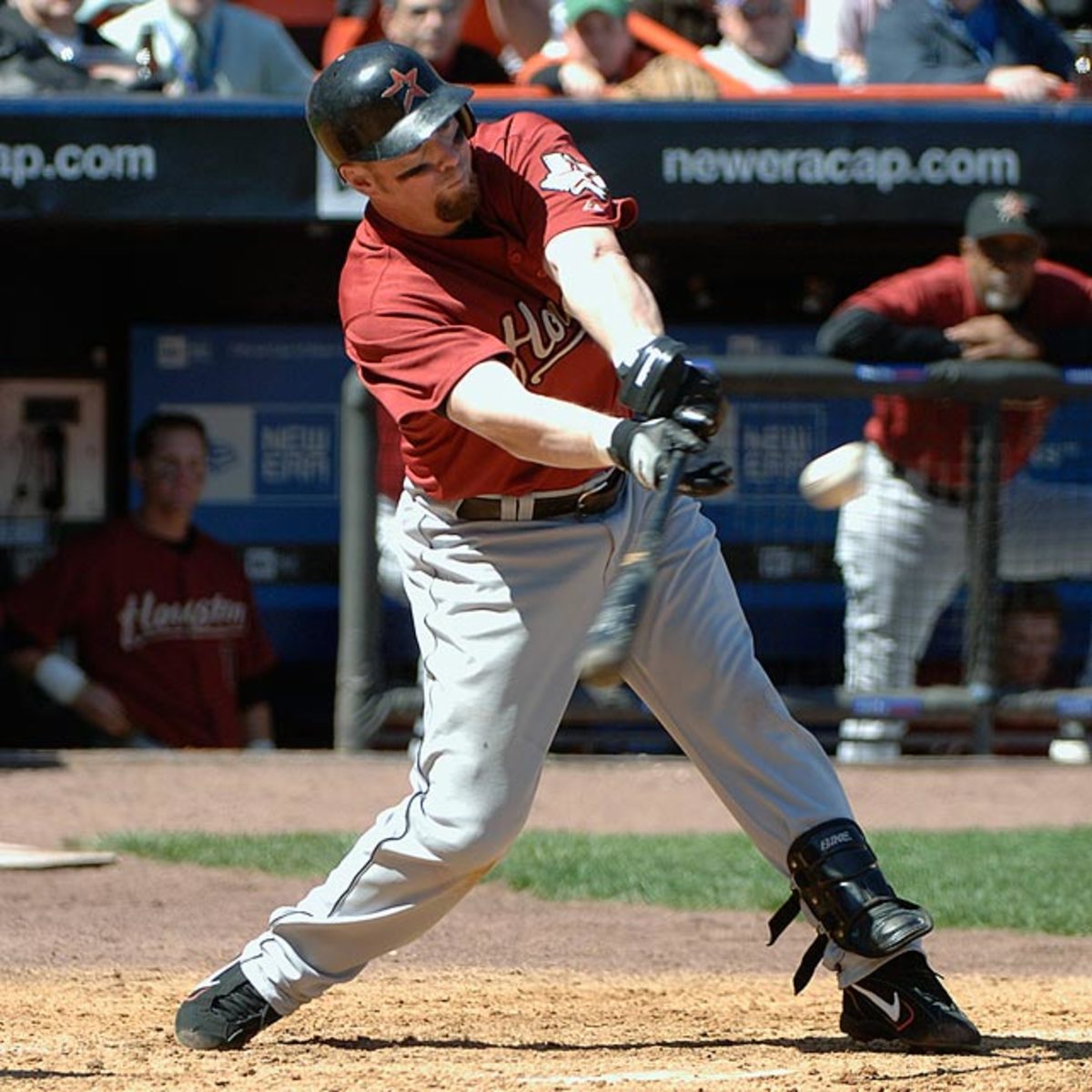
Bagwell played 15 years at first base for the Houston Astros, and received 59.6 percent of the votes in 2013. This year, however, Bagwell's vote total actually declined, with the four-time All-Star only receiving 54.3 percent in his fourth year of eligibility. Most voters' discomfort with Bagwell can be traced to the steroid laden era in which he played and lingering suspicions that the ex-Astro used PEDs.
Tim Raines
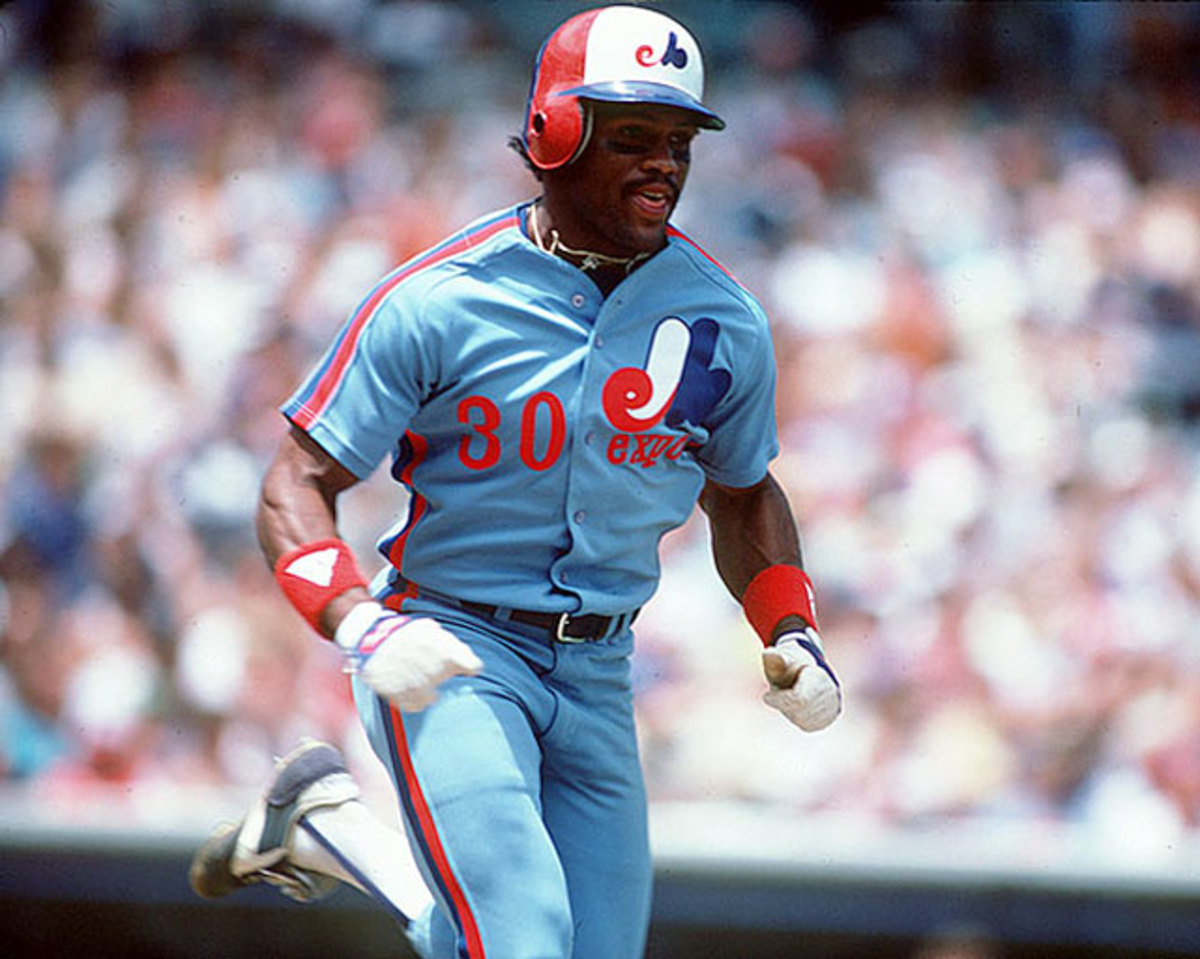
Raines played in the major leagues during five different U.S. presidential administrations. His career spanned 23 years, 13 of which came with the Montreal Expos. He led the league in stolen bases four times, and was one of the best offensive players in baseball during the 1980s. Named an All-Star on seven occasions, Raines fell short for the seventh straight year, with his vote share falling from 52.2 percent last year to 46.1 percent this year. Raines still has eight years left of eligibility, in which skeptical voters will determine whether a very good player during his era meets the Cooperstown standard.
Roger Clemens

One of the greatest pitchers of all-time, the opposition to Roger Clemens can be summed up in one word: steroids. After the Mitchell Report named Clemens a PED user in 2007, he became one of the poster boys of the Steroid Era, even appearing before Congress at one point on perjury charges. Though the evidence against Clemens does not include a positive test, accusations are widespread. Clemens received 35.4 percent of the vote, a slight drop from last year, but he did finish higher than any other player strongly linked with steroids. Clemens, who played 24 seasons in the majors with the Red Sox, Blue Jays, Yankees and Astros, has won seven Cy Young awards, the most ever. Whether voters deem his integrity worthy of Cooperstown, though -- after all, "integrity" is a requirement of election rules -- is another story.
Barry Bonds
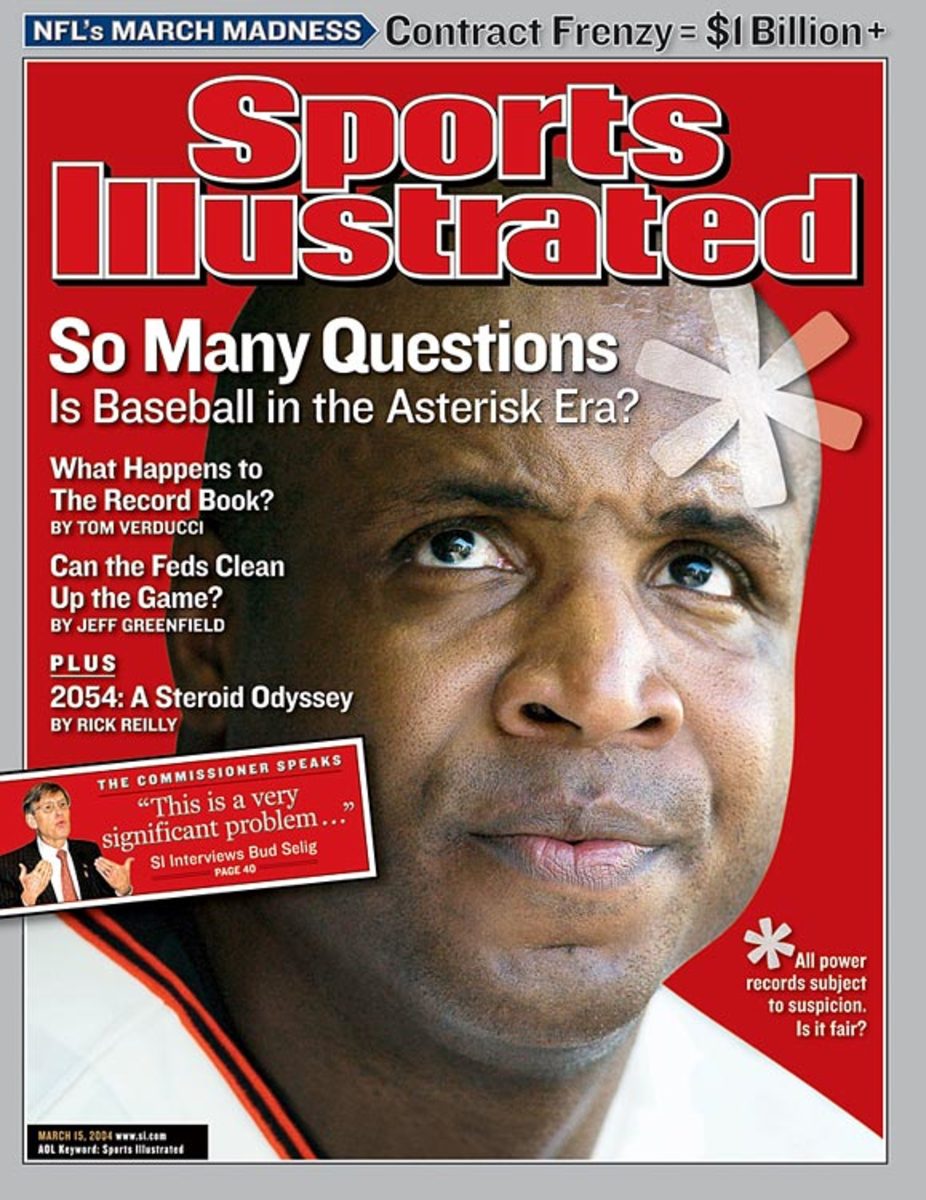
The all-time home run king, Barry Bonds posted statistics throughout his career seemingly worthy of enshrinement: 762 home runs, 2,558 walks, 1,966 RBIs, 514 stolen bases and 2,935 hits. But Bonds, a 14-time All-Star and a seven-time MVP, remains widely suspected and accused of steroid use. The fact that he garnered two of his biggest accomplishments -- the single-season home run record and the all-time home run record -- very late in his career only makes voters more wary. At 34.7 percent of the vote, Bonds still has a long way to go to reach Cooperstown. But opposition to PED-stained candidates has been rock-solid among a majority of voters.
Lee Smith
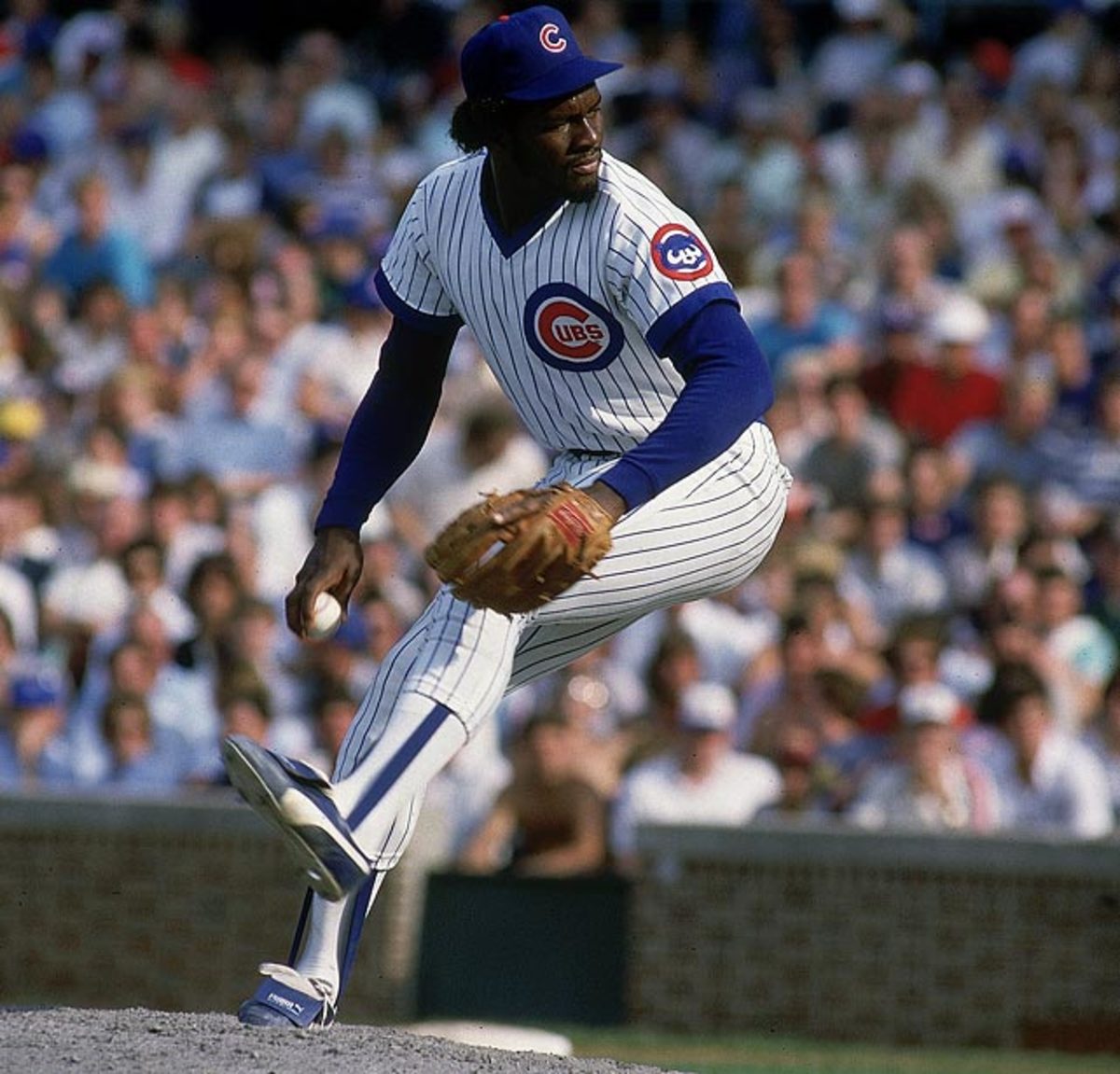
In his 12th year on the ballot, Lee Smith received only 29.9 percent of the vote this year -- his lowest total ever. The decline is particularly drastic considering his 47.8 percent share the previous year. Smith earned 478 saves throughout an 18-year career. On four occasions he led the league in saves. But even though he maintained greatness in the league for a long period of time, baseball has also witnessed a tremendous rise in successful closers in more recent years, making Smith look a bit more ordinary.
Curt Schilling
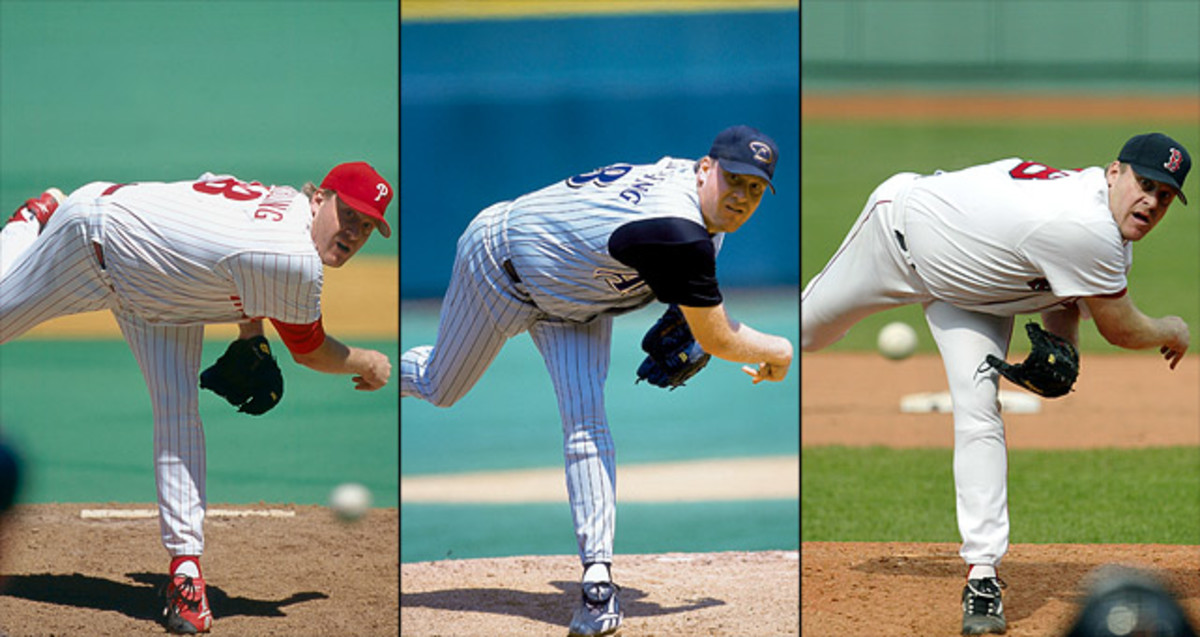
Schilling's numbers throughout his career aren't necessarily remarkable, but his October heroics make Schilling an intriguing Hall of Fame candidate. After two years of eligibility, voters still aren't buying Schilling, who was an integral aspect of the 2001 Diamondbacks and 2004 Red Sox championship teams. Though he only received 29.2 percent of the vote, Schilling still has 13 years remaining of eligibility -- plenty of time for voters to have a change of heart.
Edgar Martinez
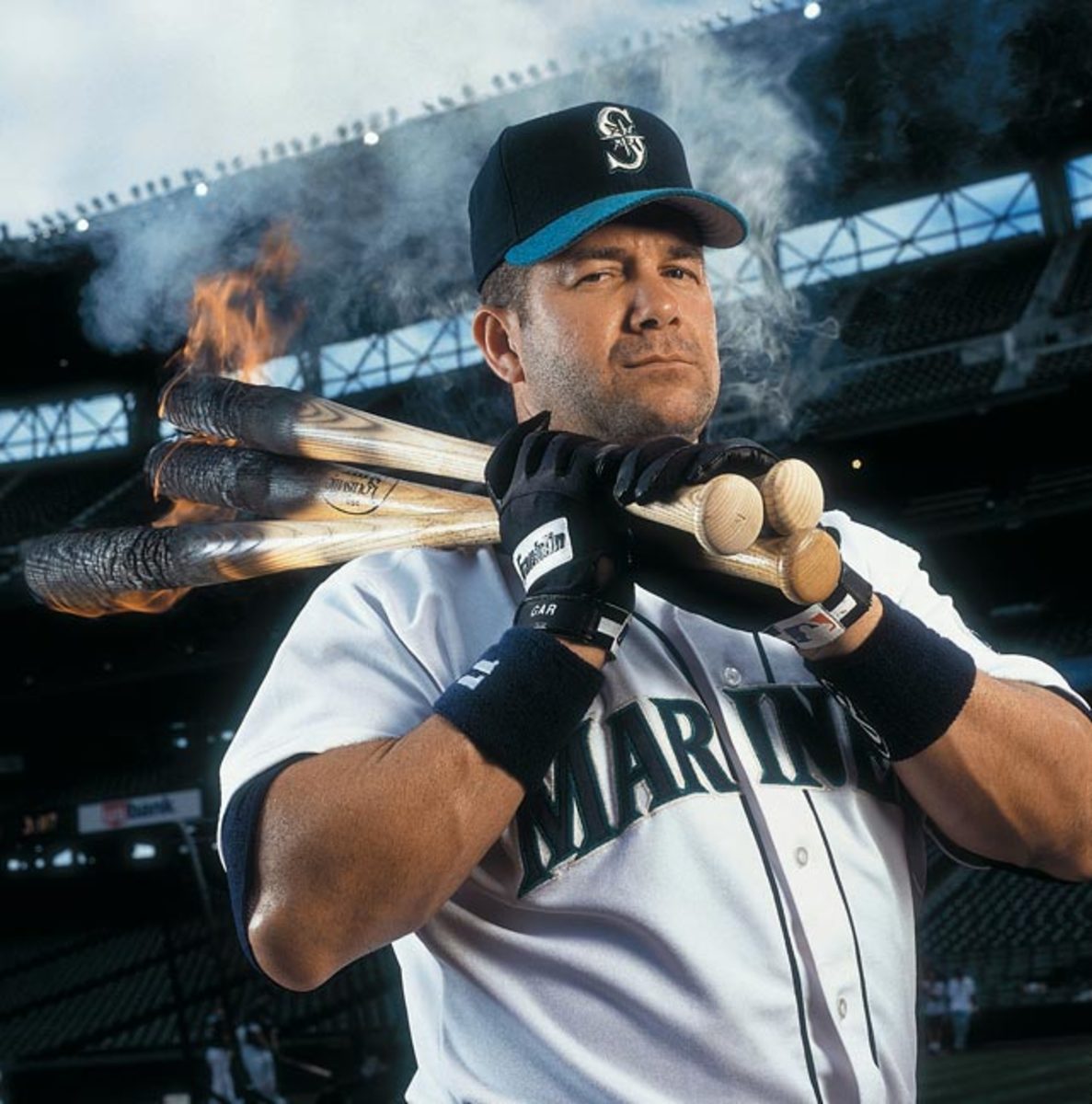
Martinez received 35.9 percent of the vote in 2013, but this year his share fell to 25.2 percent. A seven-time All-Star, Martinez faced an uphill battle this year with a tougher ballot, particularly because voters are only permitted to vote for 10 players. Martinez was also mainly a designated hitter throughout most of his career, which some voters consider a negative.
Alan Trammell
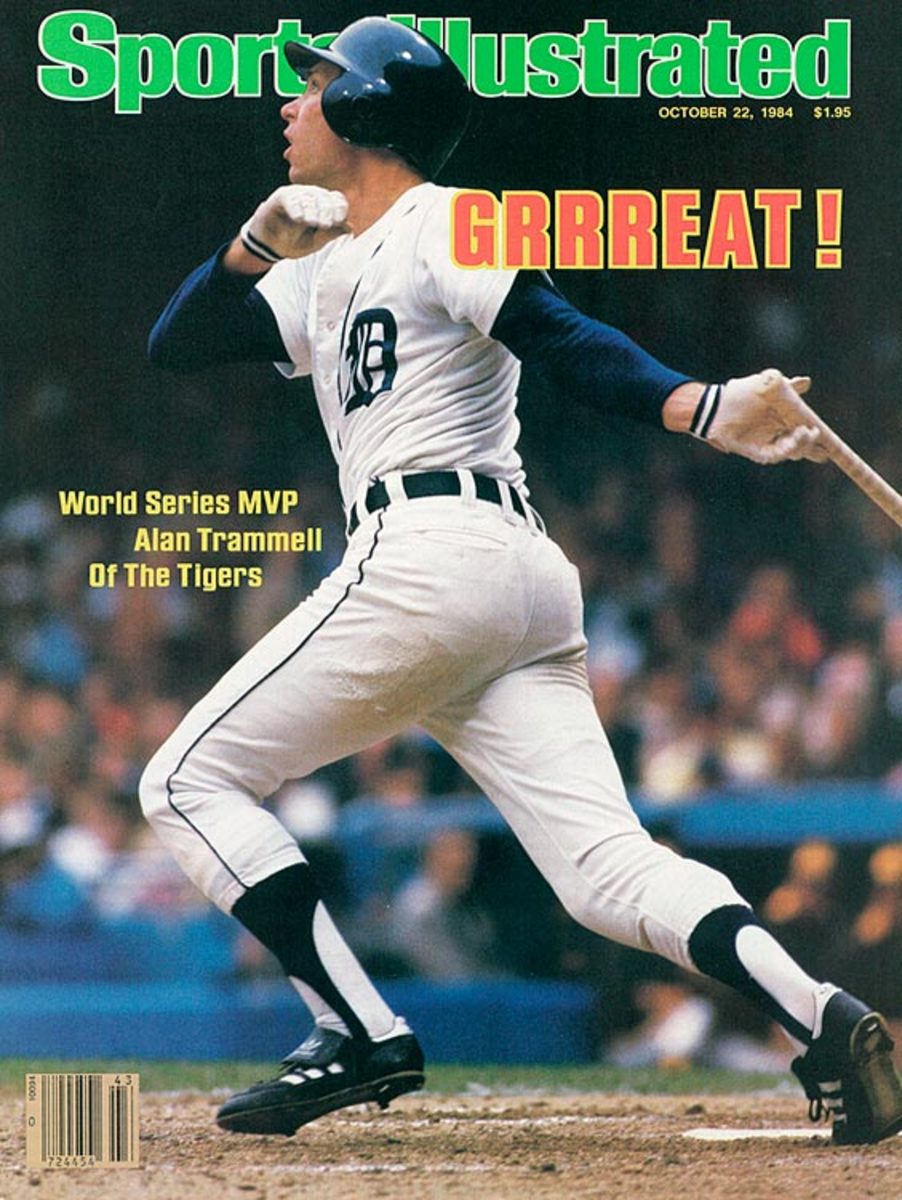
A longtime shortstop for the Detroit Tigers, Alan Trammel's share of the vote declined to 20.8 percent this year. Trammell, a prominent face on the 1984 World Series champion Tigers, is considered by some to be one of the greatest shortstops of all-time. But Trammell also faced difficult competition on the ballot this year, even though he notched four Golden Gloves and six all-star appearances during his 20-year career with Detroit. This year was his 13th year of eligibility.
Mike Mussina
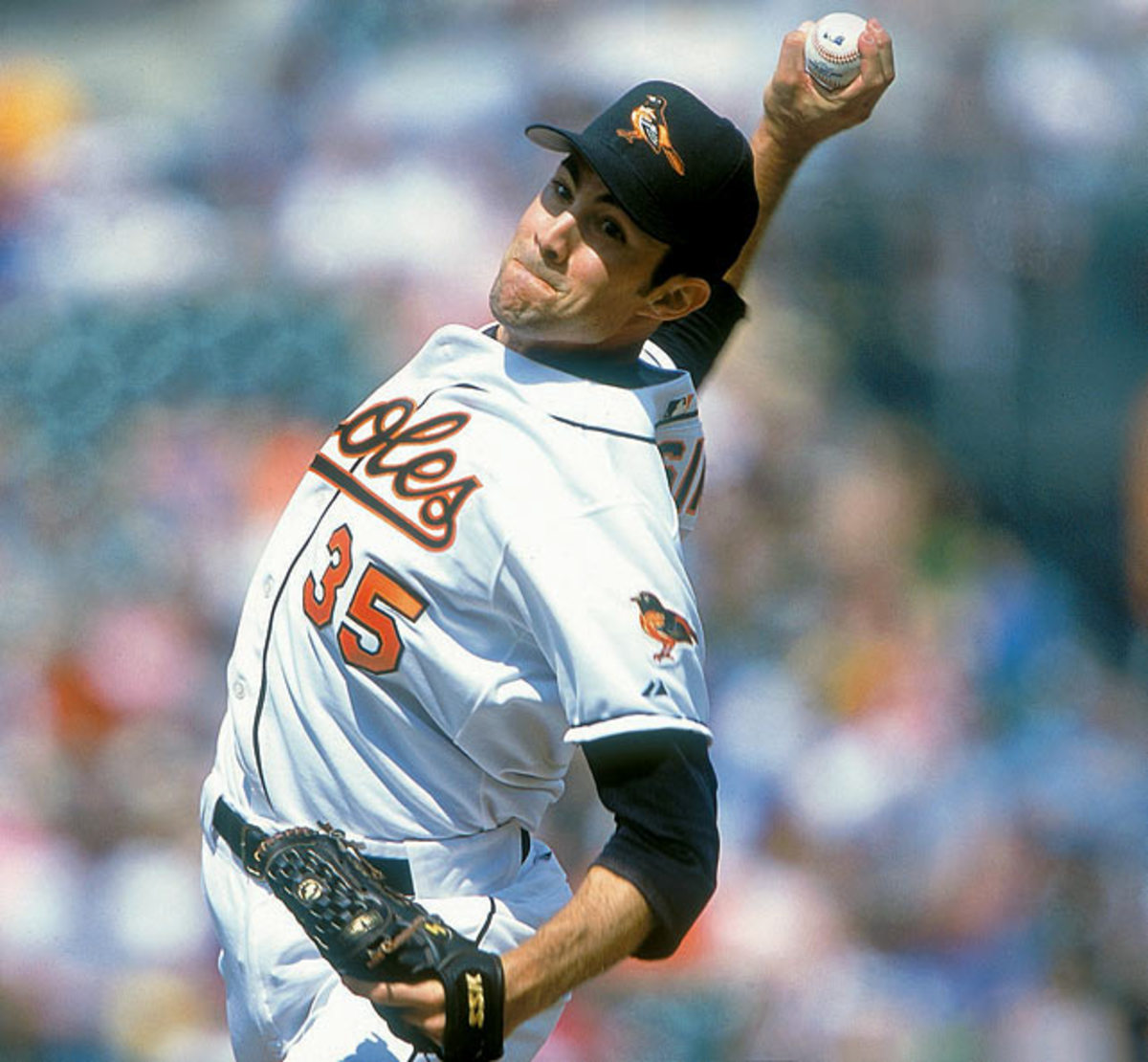
Mike Mussina was a consistently good pitcher through his era. He pitched 10 seasons for the Orioles followed by eight for the Yankees, winning 270 games in the process. Never the greatest pitcher of his era, even though he was a five-time All-Star, Mussina was also perhaps the victim of a crowded ballot.
Jeff Kent
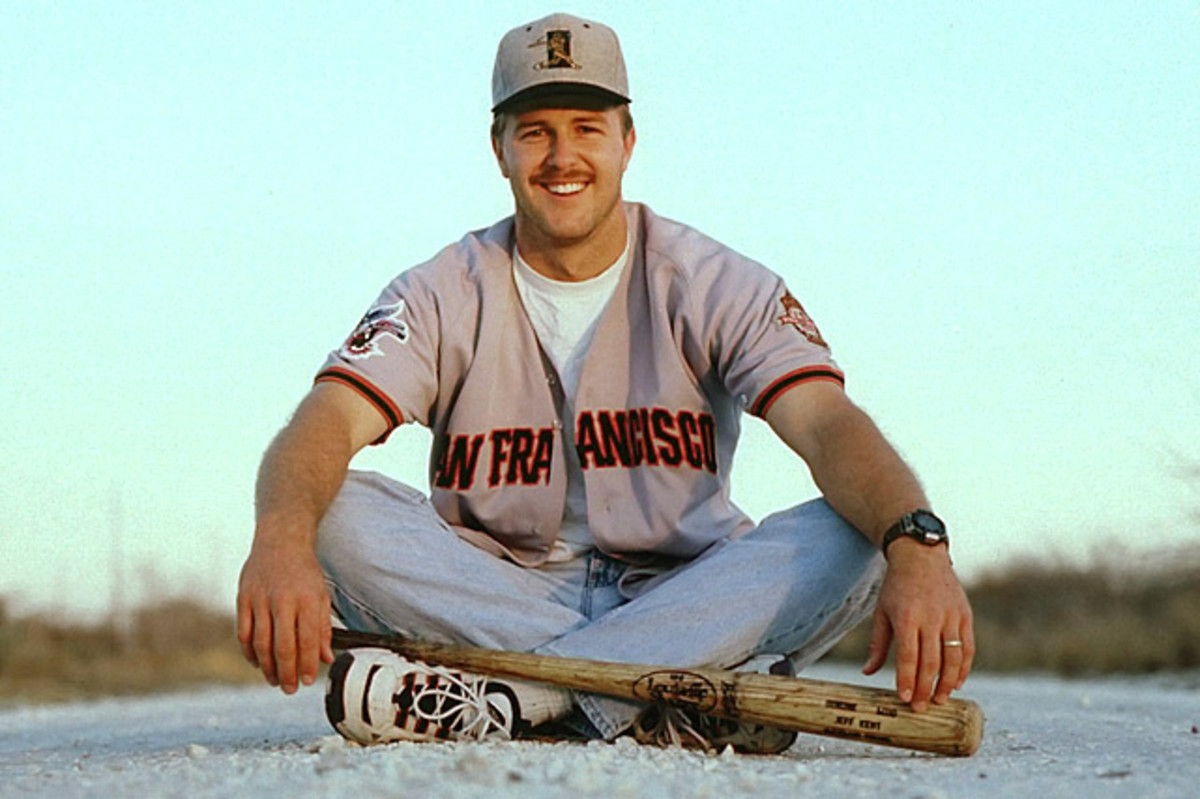
In just his first year on the ballot, Kent only garnered 15.2 percent of the vote share, a long way away from the required 75 percent. But there's certainly room in the future for Kent to improve his favorability among voters. Compared to other second basemen, his numbers are outstanding: His career 351 home runs, 1,389 RBIs, 508 doubles and .509 slugging percentage posted while playing second base are the best of all-time.
Fred McGriff
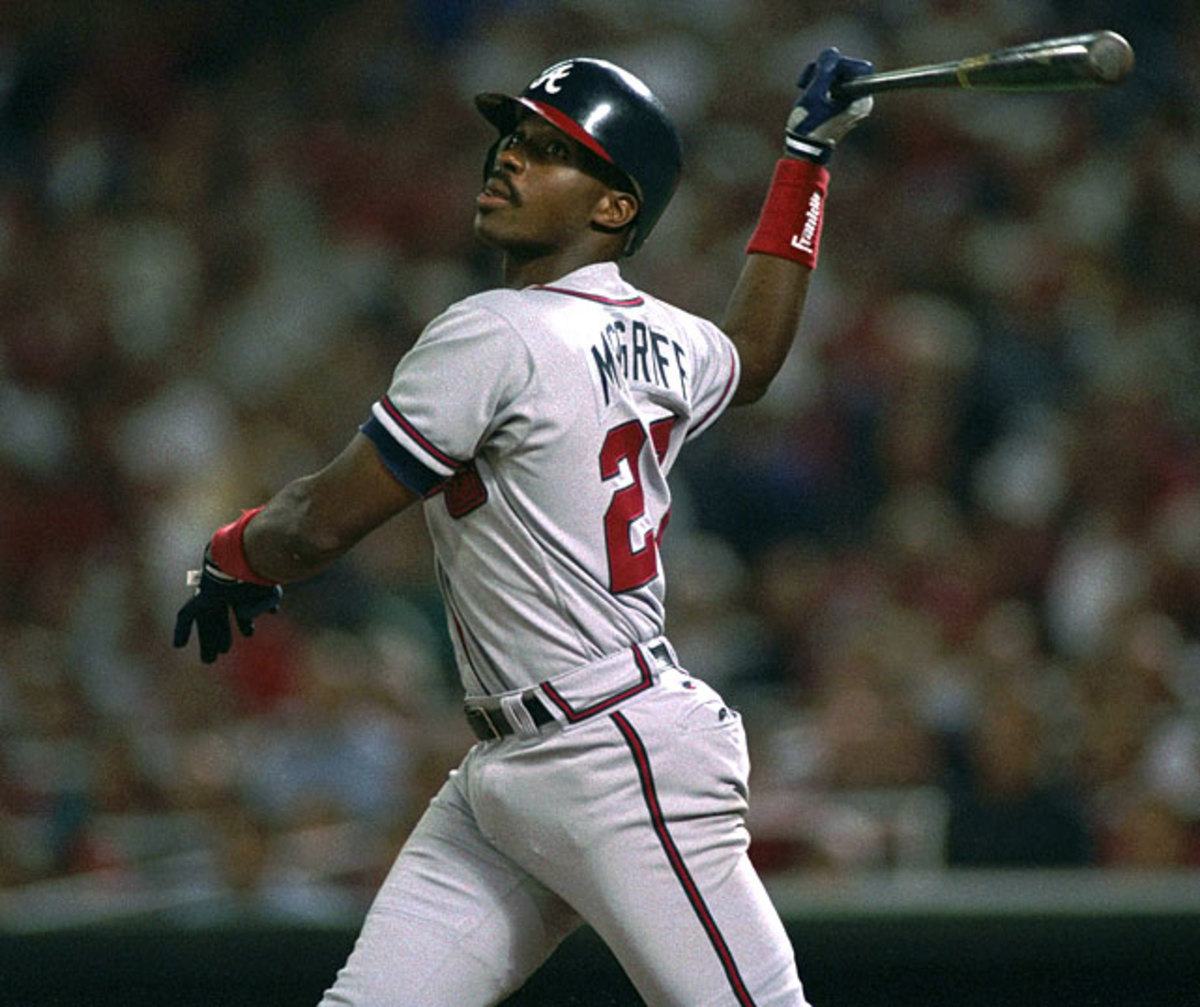
During his 19-year career, McGriff hit nearly 500 home runs, establishing himself as one of baseball's best power hitters. He had success in both leagues, leading the AL in home runs in 1989 and the NL in 1992. But McGriff never was considered the best player of his generation, which surely hurt his candidacy in a difficult ballot. He finished with 11.7 percent of the vote this year, his fifth of eligibility.
Mark McGwire
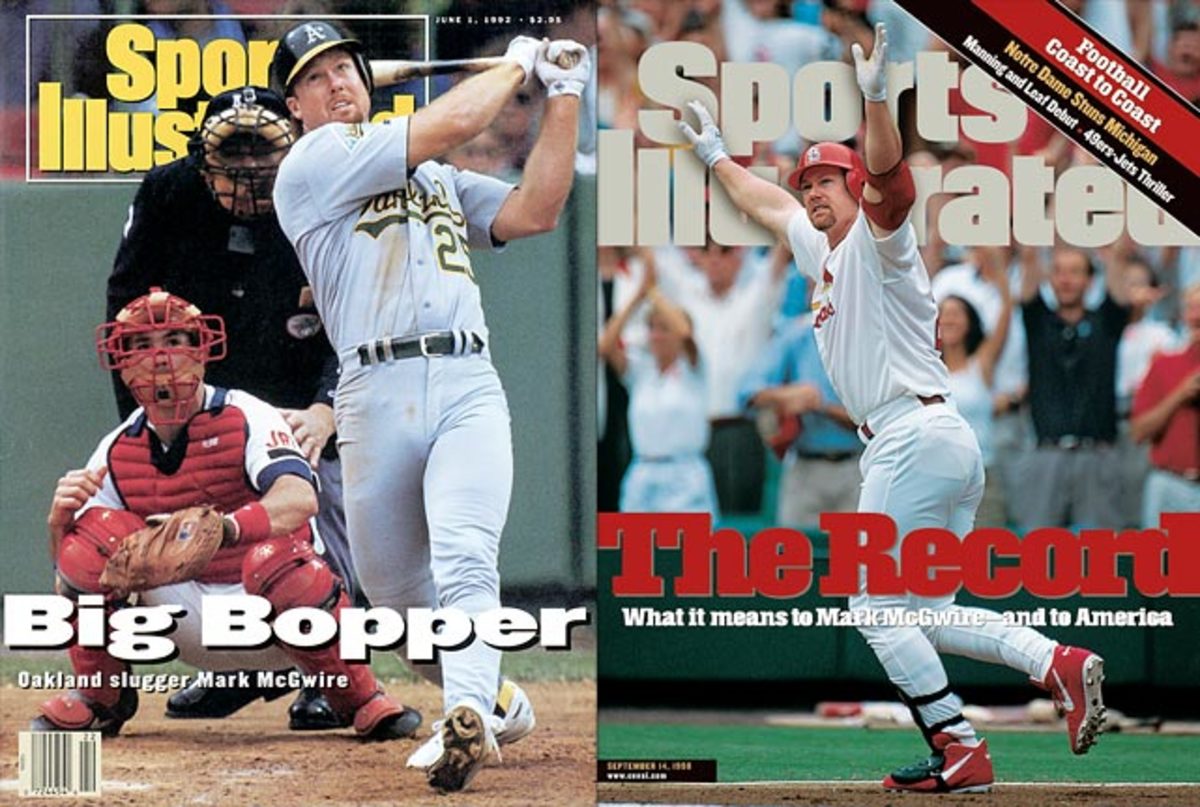
Another player strongly tainted by steroids, McGwire only received 11 percent of the vote this year, which was his fifth of eligibility. McGwire acknowledged using steroids during his career in 2010, but he was widely accused of PED use before his admission. McGwire, who hit 583 home runs during his career, has seen his vote share decrease each year since 2010.
Larry Walker
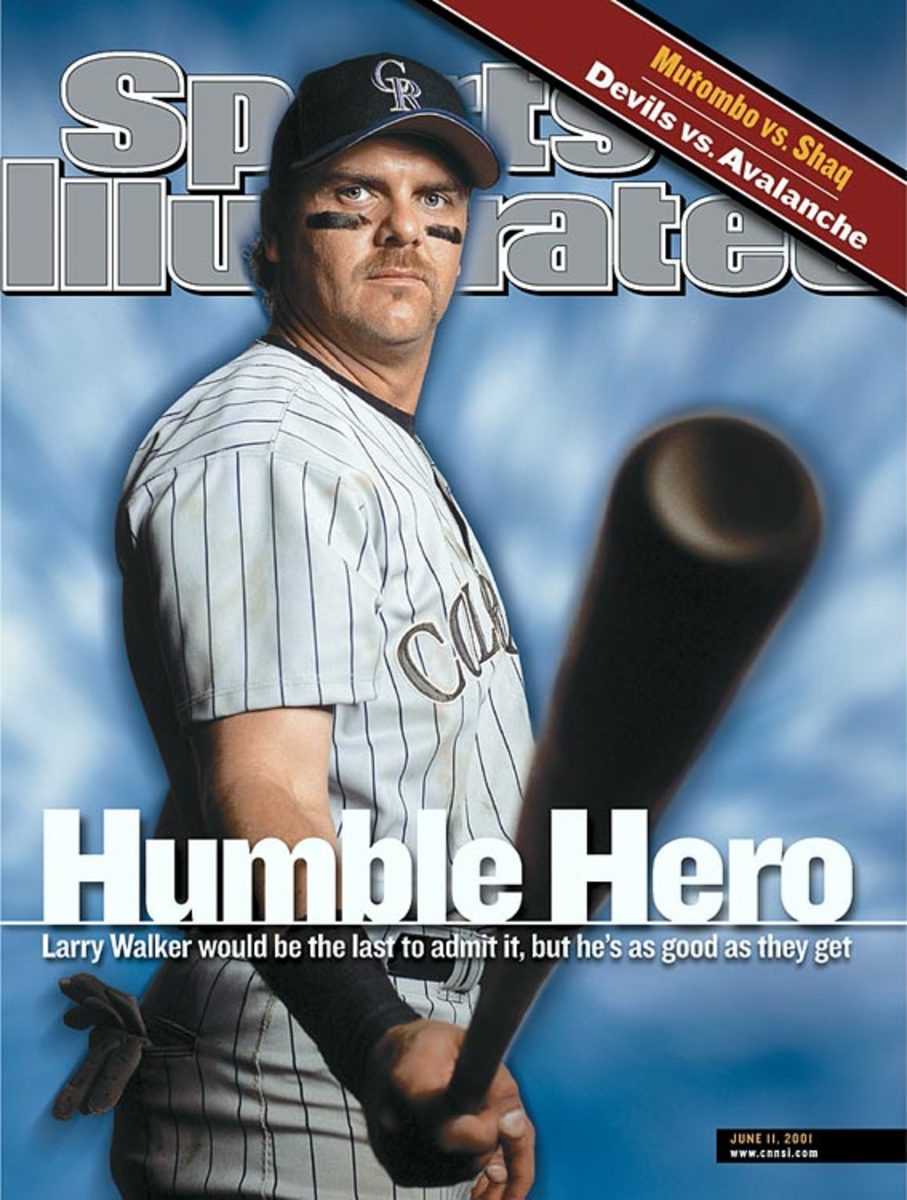
One of the great Colorado Rockies of all-time, Larry Walker drew only 10.2 percent of votes in this round of Hall of Fame voting. Voters seem fixated on another form of performance enhancement -- not steroids, but the mountain air at Coors Field, where the Rockies play their home games at 5,280 feet. Some argue that the mile high elevation inflated Walker's numbers, even though he did play several years with Montreal and St. Louis as well.
Don Mattingly
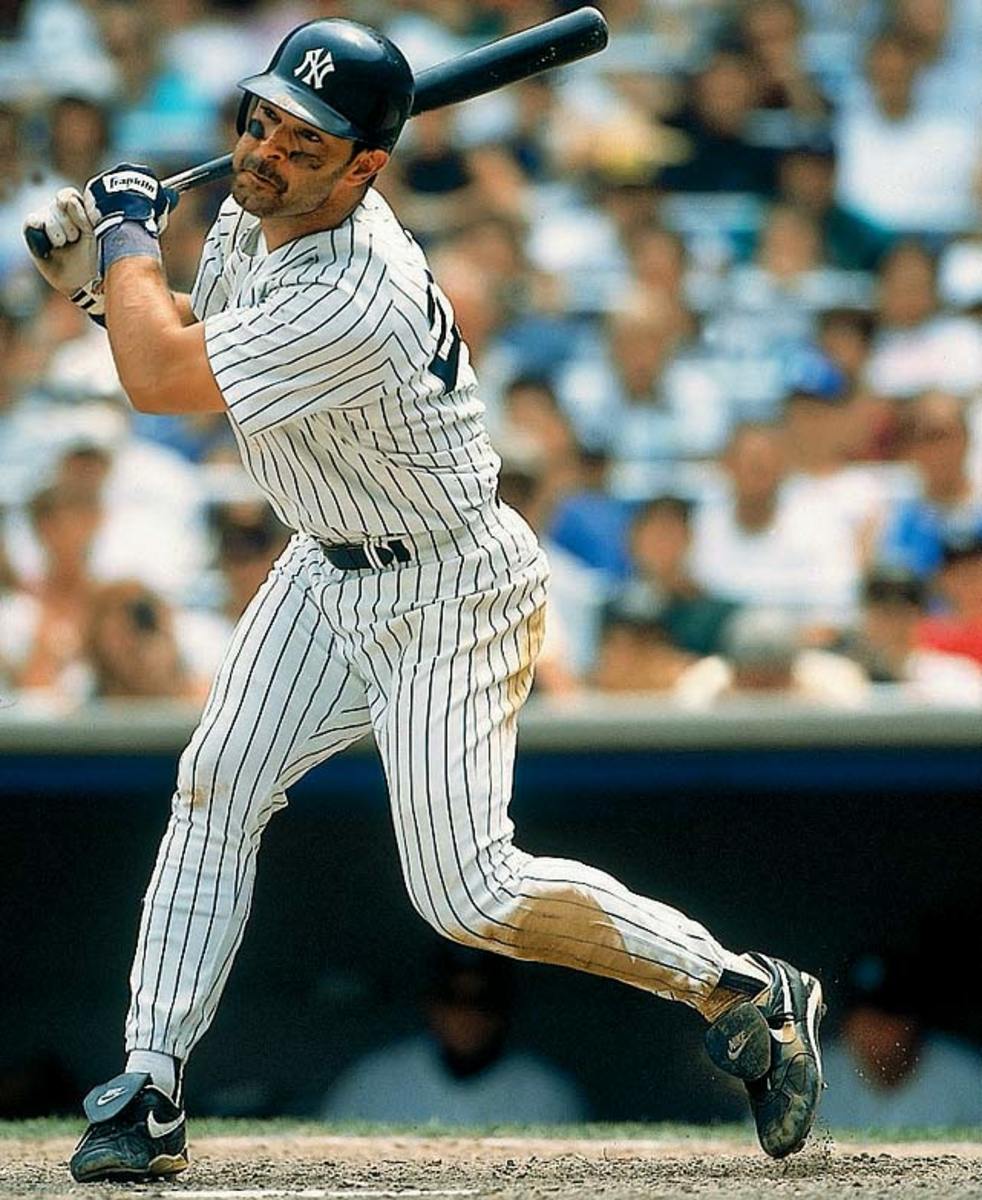
Mattingly, currently the manager of the Los Angeles Dodgers, received 8.2 percent of the votes this year, his 14th year on the ballot. One factor working against Mattingly, who played 14 seasons with the Yankees, is his comparably short career. He retired at age 34, which hurts his numbers relative to other players.
Sammy Sosa
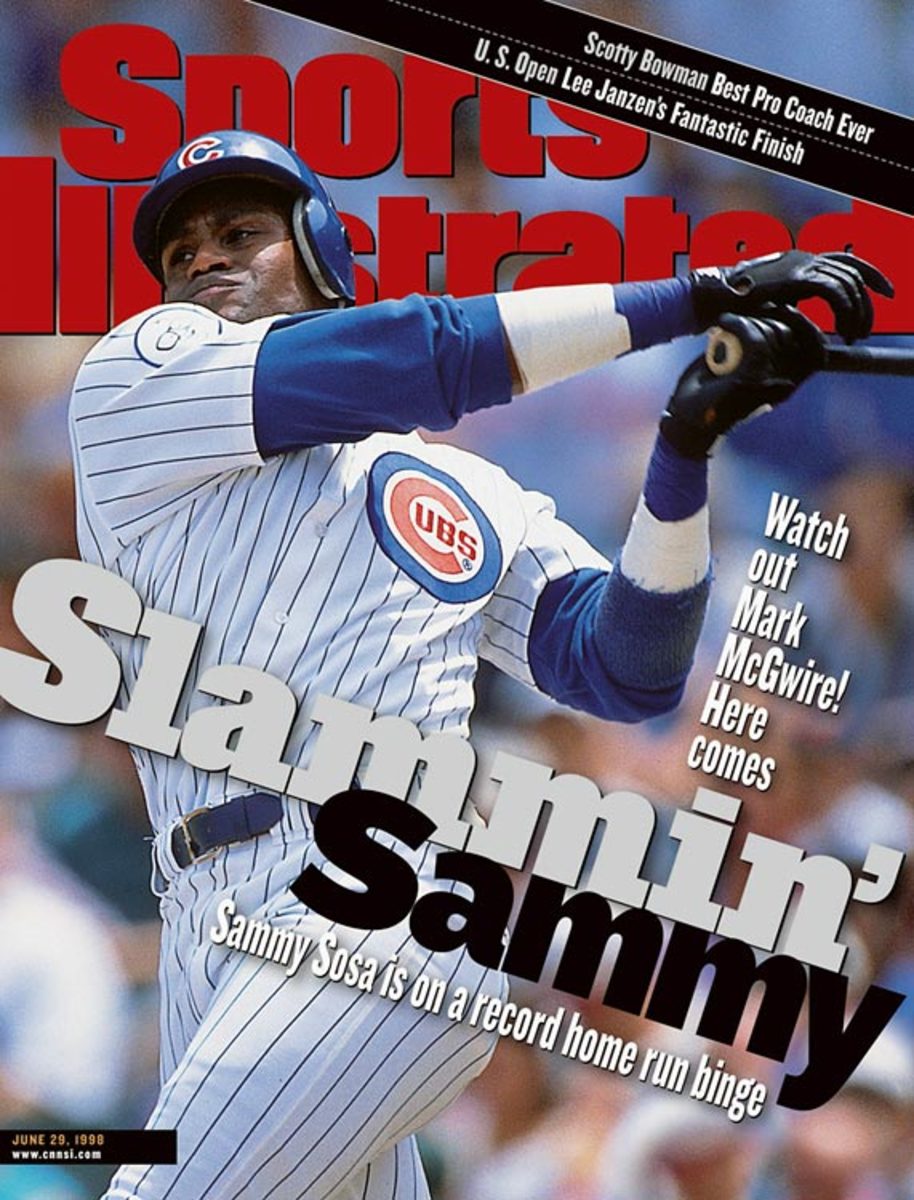
The former slugger for the Chicago Cubs only earned 7.2 percent of votes this year -- barely enough to stay on the ballot in 2015. Sosa, who finished his career with 609 home runs, also bears the scarlet letter of steroids. The 1998 NL MVP, Sosa doesn't look like he'll enter Cooperstown anytime soon. This year was his second year on the ballot.
Rafael Palmeiro

Another prominent PED user, Palmeiro's 4.4 percent of the vote he earned this year is not good enough to place him back on the ballot in 2015. Famous for his finger-wagging denial of steroid use to Congress in 2005 ("I have never used steroids. Period.") and subsequent positive test, Palmeiro was considered one of his era's great power hitters before his revealed steroid use severely damaged his reputation.
